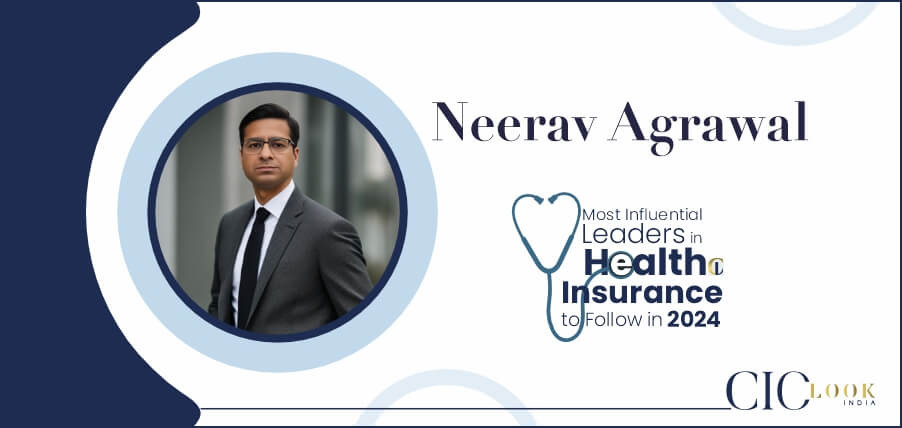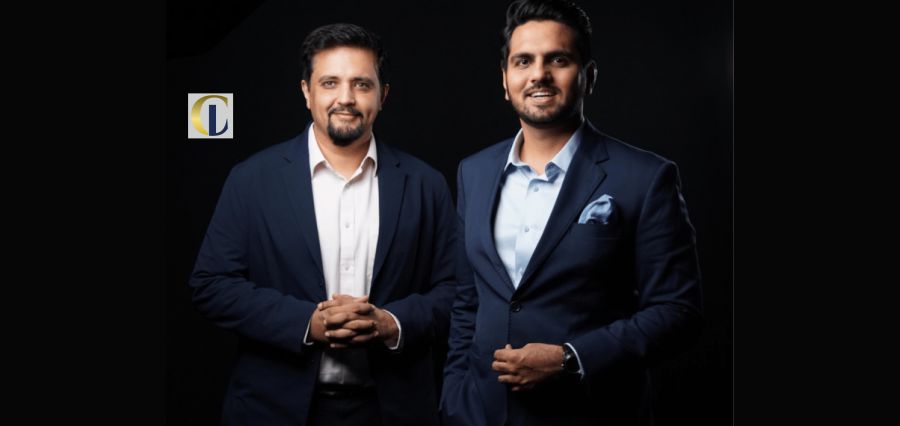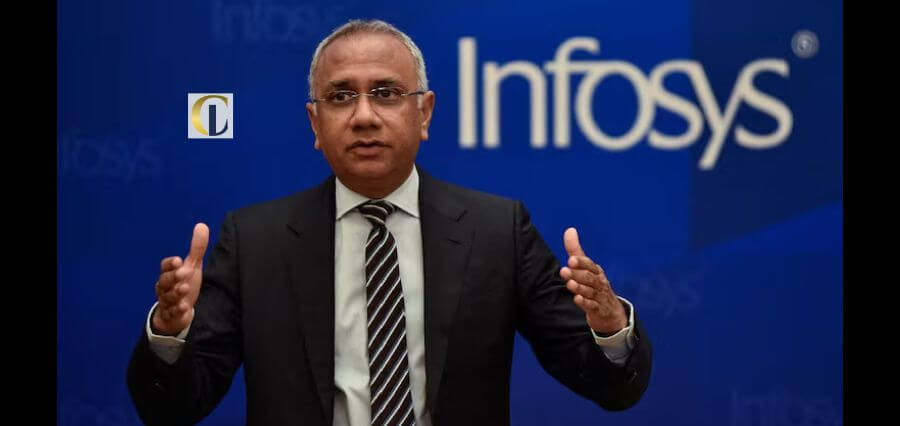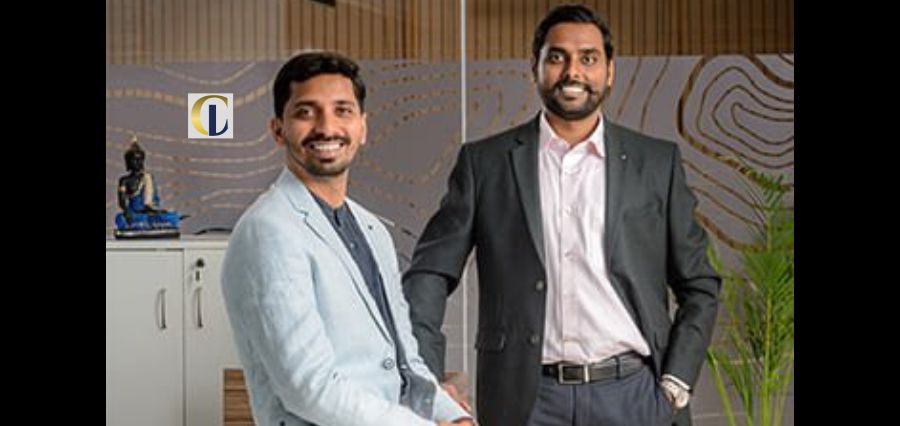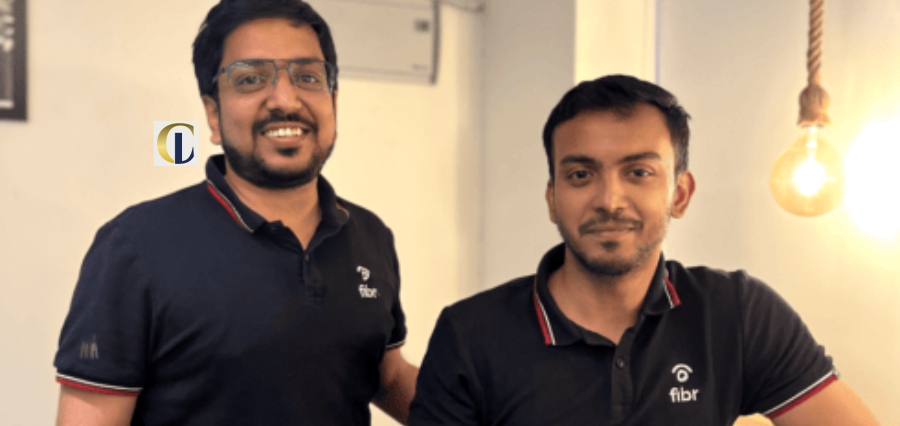While India’s health insurance industry has grown exponentially, a crucial segment often goes unnoticed: Health Reinsurance. This sector, responsible for sharing and managing risk for primary insurers, acts as the backbone of financial stability and innovation in the health insurance landscape. And at the forefront of this often-underrated field stands Neerav Agrawal, Head- Reinsurance (Life & Health) at Gallagher Re, India.
Beyond mere knowledge, Neerav brings an influential presence to the table. He deeply understands the Indian health (re)insurance ecosystem, having witnessed its evolution firsthand throughout his career. His expertise extends beyond borders, encompassing global reinsurance trends and best practices. This holistic perspective allows him to identify opportunities and challenges with insightful foresight.
As a trailblazer in the health insurance industry, Neerav’s journey goes back two decades. Sharing his motivation to enter this field, Neerav says he has always been fascinated by working in the healthcare industry. “My diverse experience in the healthcare industry has provided me with a comprehensive understanding of health insurance from multiple perspectives. I’ve held positions in various sectors, including pharmaceuticals, hospitals, insurance, reinsurance, and reinsurance broking. This journey, combined with my personal experience as a customer, has equipped me with a deep understanding of both the benefits and challenges associated with health insurance.”
A Niche Journey Begins
Neerav joined the largest private company in 2005 to take advantage of this opportunity to provide the best healthcare services via insurance at an affordable premium. This social welfare health insurance scheme concept fascinated him; he worked across different States while implementing such schemes. Neerav says India is diverse, as every state has its own story. The disease pattern, frequency and average claim size are different across states. This passion for understanding diversification has helped him to be motivated throughout this period. It’s often challenging to explain to a foreign reinsurer how their experience differs so much in different states of the same country.
Neerav developed a new line of business as a health reinsurance broker in two organizations and started from the ground up. It was challenging, but resilience, experience, relationships, and ethical practice helped him be in the field for so many years. By the end, he built a significant portfolio with many firsts in the industry in both organizations and rising to the largest. Health reinsurance broking is highly niche area requiring high end expert domain knowledge and he is one of the most successful reinsurance broker in this segment.
Reinsurance in the health segment has not been so popular in India, but Neerav has made a mark in this segment. As a market leader in reinsurance broking in this segment, when asked how he has been able to break glass ceilings and be successful amid such a competitive environment, Neerav shares that the Health Insurance market can be broadly classified into Retail, Group and Government Health Schemes like Ayushman Bharat-PMJAY. “The reinsurance market for retail health insurance is generally profitable, while group policies often have highly competitive rates. As a result, reinsurance opportunities in the group segment are less attractive.” Government schemes are tender-based and offer reinsurance opportunities because of the very high volatility of claims due to multiple factors. It is a niche area, and Neerav is a successful reinsurance broker due to his deep understanding of business with 20 years of rich experience in this segment and having worked with all the stakeholders and ensuring client transparency and commitment. “Passion for my line of business has always driven me ahead,” says Neerav.
An Ever-Driving Passion and Persistence
According to him, reinsurers prefer having good data quality and trust is key for them, considering they are not based out of India; “It becomes more important to be transparent with stakeholders we are working with and share all possible risks of associated business.” This may sometimes make reinsurers avoid writing a business, but in the long run, it is crucial as the market values transparency and goodwill in the industry.
The Health insurance landscape is continually evolving. Yet, Neerav believes that one can be adaptable and ahead of industry trends, providing innovative solutions to their clients. “To accelerate progress and achieve a healthier population, we require prioritizing innovation and technology to build an innovative, resilient, and effective health ecosystem.” By doing so, India could leapfrog a generation in its healthcare ecosystem by the end of the decade, improving lives and livelihoods in the country while positively contributing to global healthcare resilience. Realizing this vision would require substantive work across various areas, from building capacities to innovating on care models.
Neerav states, “The business model we operate organizes around underlying motivation and thematic opportunity faced by our clients.” One major challenge is a scarcity of capital. “Our success comes from a disciplined focus on underlying client motivation, and this approach has been validated repeatedly in the market.”
The Tranquil Leadership of a Thought Leader
Neerav’s leadership qualities aren’t just theoretical. He’s a trusted advisor and thought leader, recognized for his clear communication and ability to build strong relationships across the industry. He actively participates in industry forums, advocating for transparency and ethical practices in health reinsurance. His voice carries weight, guiding the sector towards a sustainable future.
According to him, the essence of Health insurance lies in seamless operations and long-term end-user coverage. He says that the way forward is optimistic. Truly understanding India’s complex, diverse, and unique healthcare needs and developing solutions that work within that context will go a long way in finding tech solutions and market success.
Ethical practices and social responsibility are crucial aspects of the modern Health insurance niche. Neerav accepts, “Completely agree, and unfortunately, this is yet to be imbibed fully by the industry.” That is why Neerav’s integration of these principles into his organization’s operations, contributes to a healthier future. He adds, “My commitment to integrity and creating mutually beneficial outcomes has been the foundation of my success in the niche health reinsurance broking market. I believe in conducting business ethically and ensuring win-win scenarios for all stakeholders involved.”
The Crucial Aspects
In the realm of health insurance, technology plays a pivotal role in enhancing efficiency. When asked how technology can be leveraged to optimize the health insurance sector’s services and stay ahead in a digital age, Neerav believes that in India, the landscape is rapidly reshaping as the country emerges as the fastest-growing insurance market globally and as InsurTechs gains market share. The industry is at a crossroads, and traditional carriers have upped their digitalization game with the modernization of legacy and the adoption of new-age tech, such as AI for more precise risk analysis, underwriting, and claims, IoT for real-time incident analysis, and cloud and data integration for seamless analytics. Incumbent carriers and InsurTechs are collaborating for better distribution and reach, core digitalization, and product innovation, above and beyond simply improving customer experience frontends.
Health insurers must seize the unified payment interface (UPI) moment in Indian healthcare by reimagining traditional health interactions. India is charting its path to advancement in healthcare, as in other sectors. This concerns the unique challenges facing Indian healthcare, from disease burden patterns to access challenges and the digital-first approach it hopes to take to leapfrog to maturity.
Triumphing Adversities
The health insurance industry has faced its share of challenges. Sharing an instance where resilience and ingenuity triumphed over adversity, Neerav says the most recent example is COVID-19. It is a case of adversity where the industry suffered losses due to the pandemic. Honoring claims was the need of the hour in such difficult times, irrespective of high losses. Resilience during such times helped the industry help customers in difficult times. Later, it emerged from the crisis as people started buying health coverage as they understood its importance in difficult times. The number of buyers increased along with the increased sum assured for existing buyers. Neerav cites, “Thus, health premium increased from ₹51,600 Crores in FY20 to ₹73,600 Crores in FY22.”
“India has one of Asia’s highest medical inflation rates, reaching 14 per cent. This has resulted in increasing awareness of health insurance and its importance. The Indian health insurance industry reported a growth of 26.3% in FY22, making it the largest non-life insurance sub-segment with a market share of about 36%.”
Fostering Social Health Transformation
When asked why Social Health schemes need transformation to be more effective, Neerav says there is a need to initiate a journey towards a more effective, innovative, and equitable healthcare system. “I believe social health insurance schemes are the best solution for challenges faced by India.” Currently, many States are on the Trust model rather than the Insurance model. Converting them into insurance model will help better administration by experts who understand claims and effectively implement fraud control mechanisms.
The model should be a win-win for all the stakeholders. Neerav states, “My observations suggest that some policymakers in certain states believe that an insurance model is only beneficial if the payout exceeds 100% of the collected premiums.” That is the incorrect way of looking at insurance and is detrimental to the insurance and healthcare industries and overall benefit of recipients. This is leading to increased insurance premiums in all such States. In terms of economics, insurance means a collection of funds that can be used to compensate people who suffered losses. If this mindset of taking insurance to get more than what is given as a premium is rationalized, the healthcare industry is expected to grow more confidently, as this will also lead to the growth of hospitals in small towns.
Fraud control measures and their effective implementation in social health insurance schemes is crucial for their success. However, it will need time to happen because ofhe hurdles at different levels.
Ethically Reinsuring India’s Healthiest Future
However, Neerav sees a hopeful way forward for India’s health insurance market to grow. India’s health insurance sector has seen remarkable growth over the past decade.
“Global insurance penetration is 7-7.5%, whereas in India it is only 4.2%. According to a report, India is currently the 14th-largest insurance market globally and is projected to become the sixth-largest market by 2032. Health, being a major part of the industry with high growth, will play a major role in developing the insurance landscape in India.”
A growing middle class, the country’s experience with COVID-19, and increases in individual, employer-sponsored healthcare and public safety-net schemes have each been important factors. While this growth has better positioned the population to seek care when needed and to withstand shocks from unexpected illness, there is still a large, underserved population. Addressing this gap while improving the health of those already covered will form the key agenda for the health insurance sector in the coming decade. With private health insurance accounting for only about 12 per cent of today’s national health expenditure, payers have substantial scope to deepen the financial protections available to people.
The healthcare landscape in India has undergone a substantial change. However, there are critical unresolved challenges, such as ensuring equitable access to affordable, high-quality care for the entire population, with a focus on holistic well-being.
Thus, Neerav doesn’t shy away from breaking the mould. He embraces innovation and actively explores new solutions for emerging risks. His forward-thinking approach positions him at the forefront of developing tailor-made reinsurance solutions for the unique needs of the Indian market.
So, why is Neerav Agrawal a leader to follow in the dynamic world of health reinsurance?
He’s not just a repository of knowledge; he’s a catalyst for change. His influential voice, strategic vision, and unwavering commitment to ethical practices make him a driving force in shaping a robust and innovative health reinsurance landscape for India. Neerav proves that leadership extends beyond titles and accolades; it’s about your impact on the industry and the lives it touches.

